Showing results 81-90 of 126 for Science
Search results
-

The AccessATE project goal is to support the ATE community and provide grantees with the tools and knowledge to increase the accessibility and usability of their resources and activities. CAST will be providing technical assistance on accessibility and Universal Design for Learning to ATE Centers and ATE research grants.
-
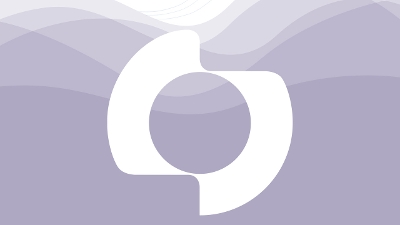
CAST's work is made possible by the generous financial support of foundations, corporations, government agencies, and individuals. We regularly partner with other research organizations, K-12 and postsecondary educators, government agencies and foundations to investigate solutions to challenging questions.
-
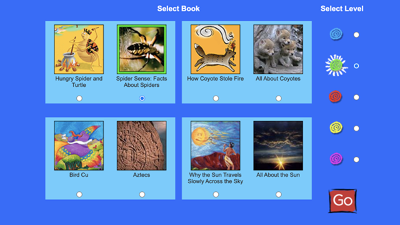
The CAST Folktales line of work supported literacy development for students, with a special focus on encouraging English Language Learners to leverage their home language to build reading comprehension skills in English.
-

CAST has partnered with Arizona State University to develop and evaluate the impact of a professional learning ecosystem to support 7th and 8th-grade teachers in providing more effective writing instruction to students with high-incidence disabilities.
-

CAST translates new discoveries into practices that make learning possible for more people in more places. Learn more about our professional learning work.
-
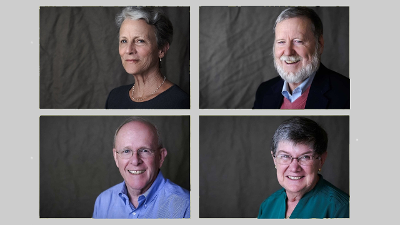
The Anne Meyer & David Rose Founders' Fund for Innovation celebrates the CAST founders' 33-year commitment to transforming education with the goal of stimulating original and creative work.
-
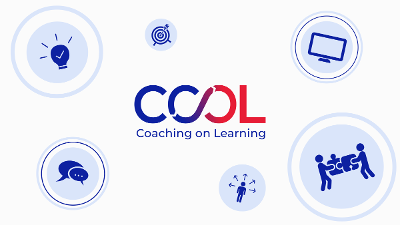
Project COOL will apply evidence-based practices and high-leverage practices—that is, essential, research-proven teaching techniques—to support the implementation of robust and engaging learning opportunities for all students to boost academic, functional, developmental, and behavioral outcomes.
-
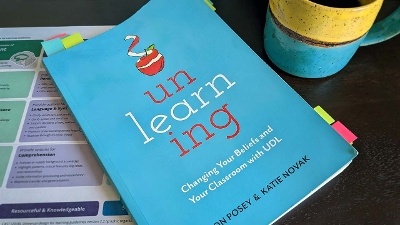
An important part of learning is unlearning habits and ways of thinking when trying to make substantive changes. Learn more about the Unlearning Cycle and how it affects educators when incorporating UDL into their practice.
-
Article
D. H. Rose, J. W. Gravel & Y. M. Domings, 2010
This article examines the question of whether technology is central to the foundations of UDL or whether UDL is useful as a pedagogical framework that goes beyond technology. The authors use the UDL guidelines as a structural framework through which to examine these questions.
-
PreK–12: Instructor-Led Course
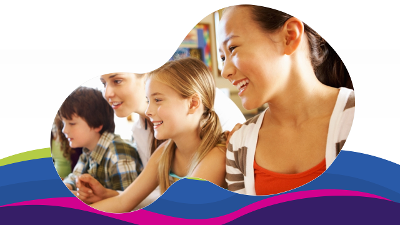
Monday, June 3 – Monday, September 9, 2024
In this introductory online course for preK–12 educators, participants learn the research basis for UDL, practical applications of UDL to lesson design, and helpful technology tools that support flexible, inclusive instruction.
